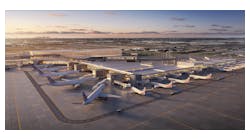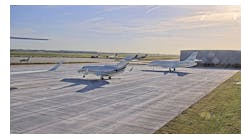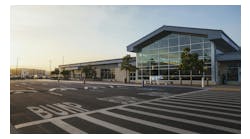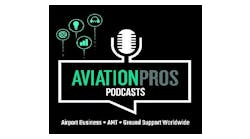Fliers irked as airlines pocket FAA taxes; Most carriers raise fares to make up for suspended fees
Many fliers are outraged, but few are surprised, that most airlines have chosen to raise fares rather than cut ticket costs to reflect a suspension of airline ticket taxes.
Several aviation taxes expired after midnight Friday when Congress failed to reauthorize the Federal Aviation Administration, which collects the revenue. The suspended taxes could save passengers 10% to 15% on their ticket prices, but most U.S. carriers have boosted fares to the levels ticket prices would have been with the taxes still in place, allowing the airlines to take in roughly an extra $25 million a day, says Rick Seaney of FareCompare.com.
As of Tuesday, only Spirit and Alaska seemed to be bucking the trend, Seaney says.
Frequent fliers have noticed.
"While I respect any business' right to set prices as they see fit, this is another example of the airline 'gotcha game,'" says Steven Gordon, a sales manager who lives in Virginia Beach. "It is getting to the point that I feel better about buying a used car than an airline ticket."
Bob Lorentzen, a crisis management consultant, says, "Hiking fares to grab what was tax money to the government is just plain nuts."
On Friday, American "adjusted its ticket prices so the bottom-line price of a ticket remains the same as it was before, prior to the expiration of federal excise taxes," says spokesman Tim Smith.
Virgin America, on the other hand, says that when the federal taxes lapsed, it initially passed "on the equivalent discount, down to the decimal, across the board and encouraged guests to grab the exact discount through the weekend," says spokeswoman Abby Lunardini. By Monday, some ticket prices increased "given the dynamic nature of fares," she says, but some discounted prices were still available as of Tuesday.
Spirit, meanwhile, says its round-trip ticket prices are up to $50 lower because of the tax cuts it has passed on to fliers. And the discounted fares led to a 22% rise in sales in the first three days compared with that period last week.
Aviation consultant Michael Boyd says he'd rather see airlines get the money than the federal government.
"Consumers aren't paying any more if the carrier ups the fare to capture the tax revenue," he says, "so if a consumer isn't willing to criticize the feds for the tax charges, then he really has no call to criticize the airline."
But others say the fare increases are a public relations blunder by an industry already accused by many of nickel-and-diming travelers who are charged for everything from checked luggage to pillows. The industry has been grappling with surges in fuel costs just as it climbs back from a deep travel slump that eroded profits during the economic downturn.
"It seems greedy and tone deaf," says George Hobica, founder of Airfarewatchdog.com.
Seaney and others say passengers are entitled to some money back if they bought tickets before July 23, when the taxes were still included in the price, but traveled after the taxes were suspended.
"In theory you should be able to get a refund," he says, but "nobody knows how to collect it yet."
A spokeswoman for the Treasury Department confirmed that such fliers are entitled to a refund. The IRS website says details are soon to come.





